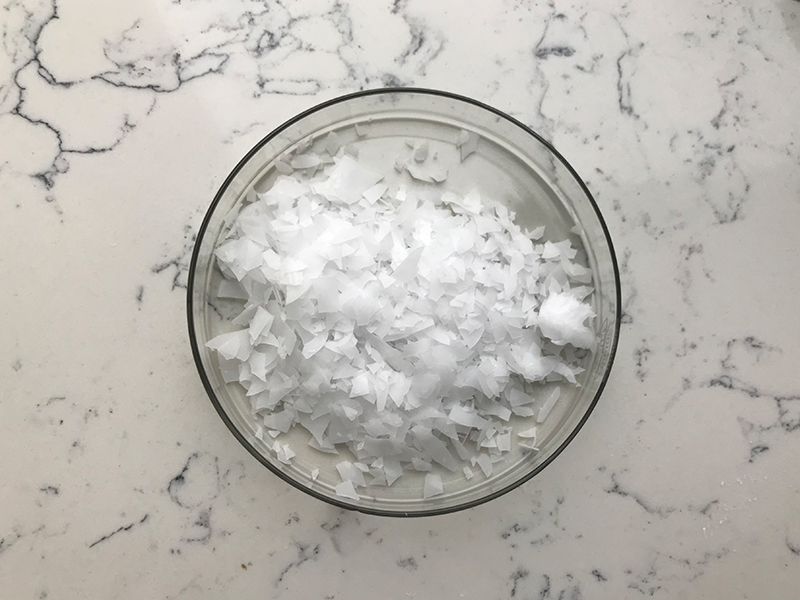Ceteareth is a generic term used for a group of synthetic compounds that are derived from cetyl alcohol and ethylene oxide. These compounds are part of the larger family of emulsifiers and surfactants, which are substances that help mix oil and water in various products. Ceteareth is commonly used in the formulation of cosmetics, pharmaceuticals, and personal care products.
Applications of Ceteareth
Emulsification: Ceteareth is used as an emulsifying agent in creams, lotions, and other cosmetic products. It helps stabilize the mixture of water and oil-based ingredients, ensuring a smooth and consistent texture.
Surfactant Properties: Ceteareth acts as a surfactant, reducing the surface tension of liquids and improving the spreadability of products. This makes it useful in shampoos, body washes, and other cleansing formulations.
Stabilizing Agent: Ceteareth helps stabilize formulations by preventing the separation of different components, especially in products that contain both oil and water phases.
Texture and Consistency: It contributes to the overall texture and consistency of products, giving them a desirable feel and appearance.

Moisturization: In some formulations, Ceteareth can enhance the moisturizing properties of products, helping to keep the skin or hair hydrated.
Solubilizing Agent: Ceteareth can be used to solubilize certain ingredients that might otherwise be difficult to incorporate into a formulation.
Pharmaceuticals: Ceteareth is also used in the pharmaceutical industry for various purposes, such as in the formulation of topical creams and ointments.
It’s important to note that the specific type of Ceteareth used (e.g., Ceteareth-20, Ceteareth-25) can influence its properties and applications in different formulations. Additionally, the use of emulsifiers like Ceteareth is regulated by cosmetic safety guidelines to ensure their safety for consumer use.
The Potential Benefits of Ceteareth
Ceteareth is a mixture of fatty alcohols consisting predominantly of cetyl and stearyl alcohol that has been ethoxylated. It is often used in cosmetic and personal care products as an emulsifier, surfactant, and thickening agent. Here are some potential benefits of Ceteareth:
Emulsification: Ceteareth helps stabilize and form emulsions in cosmetic formulations. Emulsions are mixtures of oil and water that would normally separate, and Ceteareth helps keep these components mixed together.
Surfactant Properties: Ceteareth acts as a surfactant, which means it can reduce the surface tension between different substances. This property allows it to help water and oil mix, facilitating the cleansing ability of products like creams, lotions, and shampoos.
Improved Texture: Ceteareth can contribute to the texture and consistency of cosmetic products. It helps in achieving a smooth and even application, enhancing the sensory experience for users.

Stability: It contributes to the stability of formulations, preventing ingredients from separating or settling over time. This is particularly important for products with multiple components, such as creams and lotions.
Thickening Agent: Ceteareth can function as a co-emulsifier and thickening agent, giving body and thickness to formulations. This helps improve the overall feel and spreadability of cosmetic products.
Moisturizing Properties: Ceteareth may also have moisturizing properties, helping to keep the skin hydrated by reducing water loss.
Compatibility: It is compatible with a wide range of cosmetic ingredients, making it versatile for use in various formulations.
It’s important to note that while Ceteareth can offer several benefits in cosmetic products, individuals with sensitive skin or specific allergies should always check product labels to ensure that they are not sensitive to any of the ingredients, including Ceteareth. Additionally, the safety of specific cosmetic ingredients can vary, so it’s advisable to consult with a dermatologist or healthcare professional if you have any concerns or specific skin conditions.
